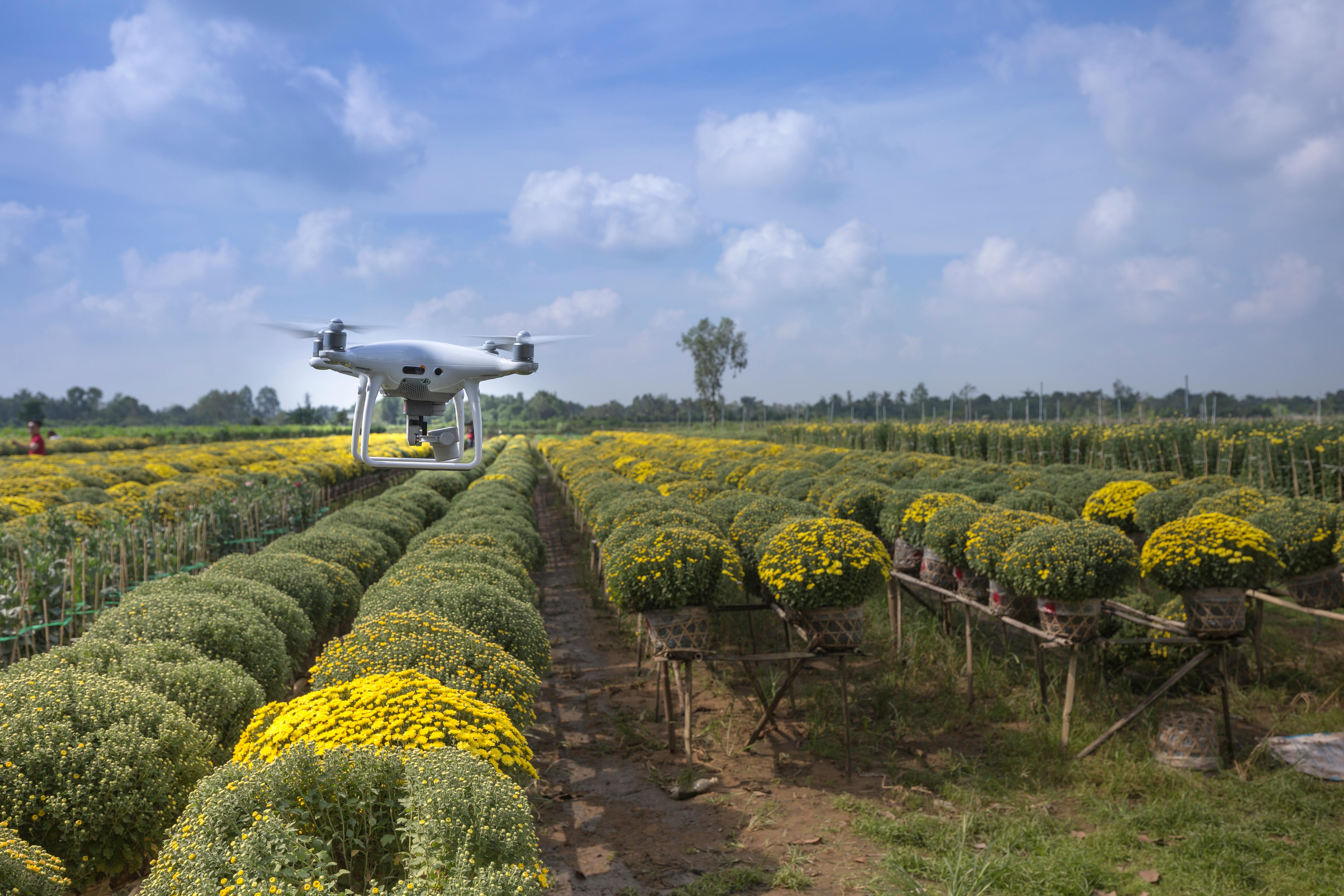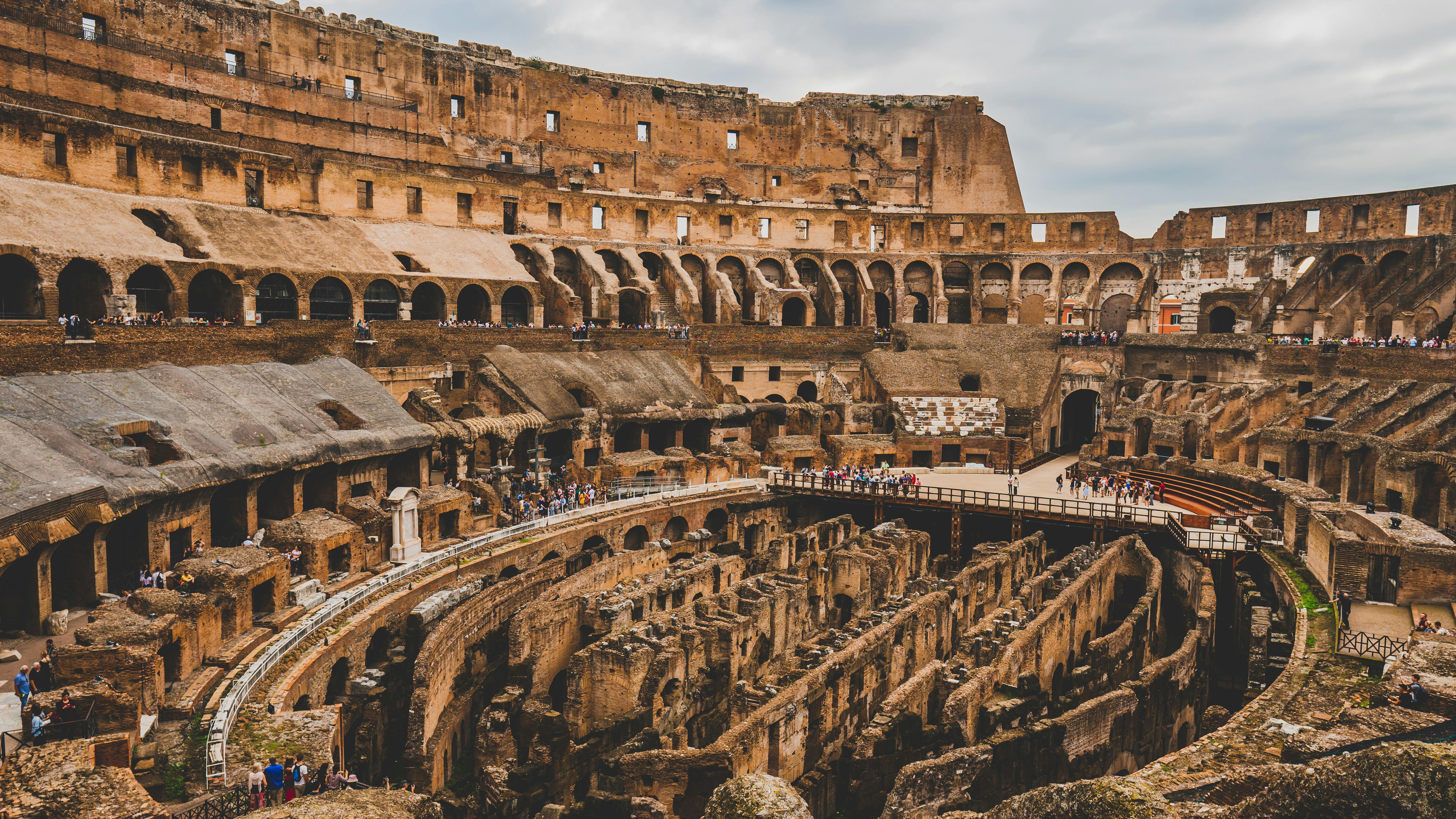As global economic patterns shift and traditional powers face unprecedented challenges, Brazil has demonstrated remarkable adaptability and resilience. Latin America's largest economy is navigating these turbulent waters by leveraging its diverse economic strengths, embracing technological innovation, and repositioning itself in international markets. This article examines Brazil's economic strategies and prospects in this evolving landscape.
Economic Diversification: Brazil's Key to Stability
Brazil's economy, once heavily dependent on commodity exports, has undergone significant diversification in recent years. This strategic pivot has helped the country weather global economic storms that might have devastated a less varied economic structure.
Key sectors driving Brazil's economic diversification include:
- Technology and digital services, with São Paulo emerging as Latin America's leading tech hub
- Renewable energy, where Brazil has become a global leader in biofuels and hydroelectric power
- Advanced manufacturing, particularly in aerospace and automotive industries
- Financial services, with Brazilian banks expanding throughout Latin America
- Sustainable agriculture, combining productivity with environmental responsibility
This diversification has reduced Brazil's vulnerability to commodity price fluctuations, a traditional weakness of many emerging economies. When global commodity markets experienced volatility in 2023-2024, Brazil's economy proved more resilient than in previous cycles, maintaining growth while peer economies contracted.

The Digital Transformation of Brazil's Economy
Brazil's digital economy has expanded at a remarkable pace, accelerated by the global pandemic and sustained by continued investment and innovation. Brazilian fintech companies, in particular, have revolutionized financial inclusion in a country where large portions of the population were historically underbanked.
"Brazil's digital transformation isn't just about technology adoption—it's about using technology to solve uniquely Brazilian challenges, creating solutions that can then be exported to similar markets worldwide."
— Camila Soares, Director of the Brazilian Association of Digital Economy
Notable developments in Brazil's digital economy include:
- The PIX instant payment system, developed by Brazil's Central Bank, which processes over 40 million transactions daily
- The rise of "unicorn" startups like Nubank, which has expanded across Latin America
- E-commerce growth reaching double-digit annual increases
- Government digital transformation initiatives that have streamlined bureaucracy and reduced costs
These innovations have not only boosted economic efficiency but have also expanded access to services for millions of Brazilians previously excluded from the formal economy.
Brazil's Green Economy: Sustainability as Competitive Advantage
As global markets increasingly prioritize sustainability, Brazil's natural advantages position it favorably in the emerging green economy. With one of the cleanest energy matrices among major economies and vast natural resources, Brazil is leveraging these assets for economic growth.
Renewable Energy Leadership
Brazil generates over 80% of its electricity from renewable sources, primarily hydropower, but with rapidly growing contributions from wind and solar. This clean energy advantage translates into lower carbon footprints for Brazilian manufacturing, an increasingly important factor in global trade.
The country has also pioneered large-scale biofuel production, with its sugarcane ethanol program representing one of the world's most successful renewable fuel initiatives. As nations worldwide seek to reduce transportation emissions, Brazilian expertise in this sector has become a valuable export.
Sustainable Agriculture
Brazil's agricultural sector has made significant strides in increasing productivity while reducing environmental impact. Techniques like no-till farming, crop-livestock-forest integration, and biological pest control have allowed Brazilian farmers to produce more food on less land.

These advances have positioned Brazilian agricultural exports favorably in markets with stringent sustainability requirements, particularly in Europe and Asia.
Global Trade Reorientation
Brazil has skillfully navigated shifting global trade patterns, diversifying its trading partners while maintaining relationships with traditional markets. This balanced approach has provided stability amid international trade tensions.
China Partnership
China has emerged as Brazil's largest trading partner, with bilateral trade exceeding $150 billion annually. While initially focused on commodities, trade has expanded to include higher-value goods and increased investment flows. Brazil has carefully managed this relationship to maximize benefits while avoiding overdependence.
Regional Integration
Mercosur, the South American trade bloc, has gained renewed importance in Brazil's trade strategy. Recent negotiations have modernized the agreement to address digital trade, services, and regulatory cooperation. This regional foundation provides Brazil with negotiating leverage in broader international discussions.
New Global Partnerships
Brazil has actively pursued trade agreements with partners beyond its traditional spheres, including significant breakthroughs with Middle Eastern and African nations. These new relationships have opened markets for Brazilian manufacturers and service providers while securing diverse supply sources.
Challenges and Opportunities Ahead
Despite its successes, Brazil's economy faces significant challenges that will require continued reform and adaptation:
Productivity and Infrastructure
Brazil's productivity growth has lagged behind global competitors, partly due to infrastructure bottlenecks and regulatory complexity. The current infrastructure investment program, targeting transportation, energy, and digital networks, aims to address these constraints.
Education and Workforce Development
The transition to a knowledge-based economy requires a skilled workforce. Brazil's education system, while improved, still struggles to prepare enough graduates with the technical and critical thinking skills needed for high-value industries.
Social Inequality
Brazil remains one of the world's most unequal economies. Reducing this inequality is not just a social imperative but an economic one, as broader prosperity would expand domestic markets and improve social stability.

Conclusion: Brazil's Economic Horizon
Brazil's economic future appears increasingly promising as the country leverages its natural advantages, embraces technological innovation, and addresses structural challenges. The combination of economic diversification, digital transformation, and sustainability focus has created a more resilient economic model that can adapt to global shifts.
For investors, businesses, and international partners, Brazil offers unique opportunities as a dynamic economy that bridges developed and developing world characteristics. Its institutional stability, large domestic market, and increasing integration into global value chains make it a key player in the evolving world economy.
As global markets continue to transform, Brazil's adaptive approach positions it not just to weather changes but to thrive amid them, potentially emerging as a model for sustainable economic development in the 21st century.




